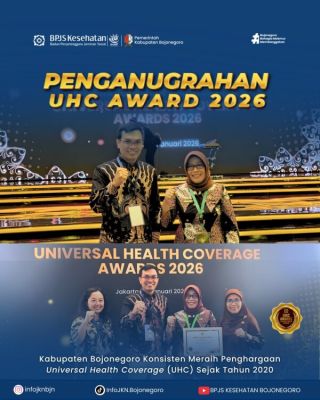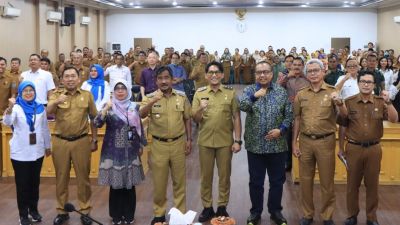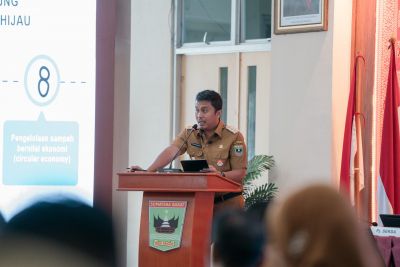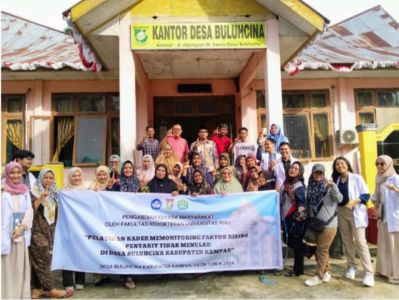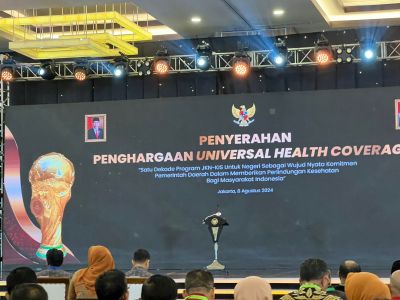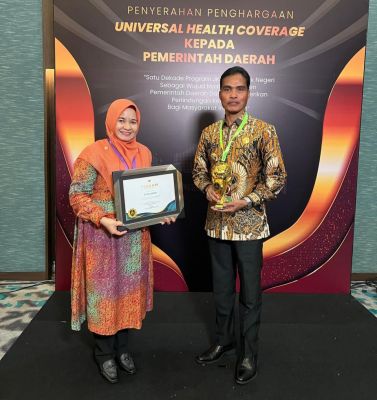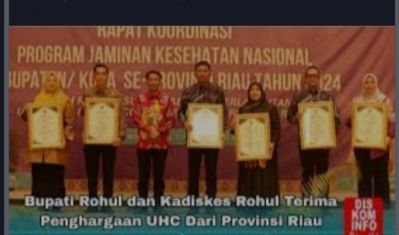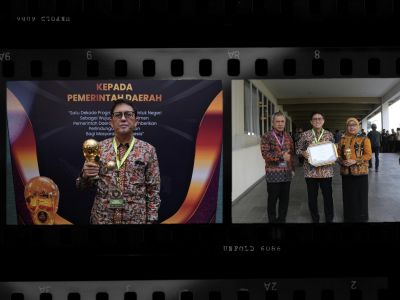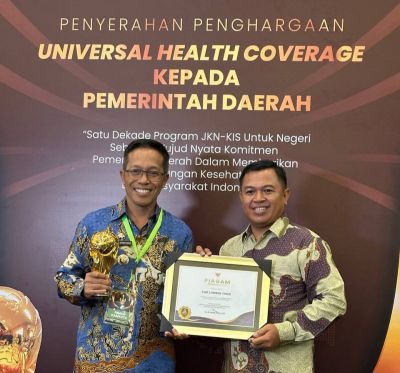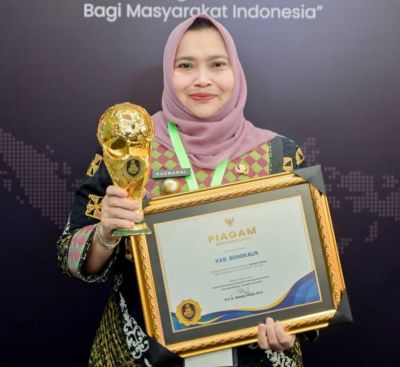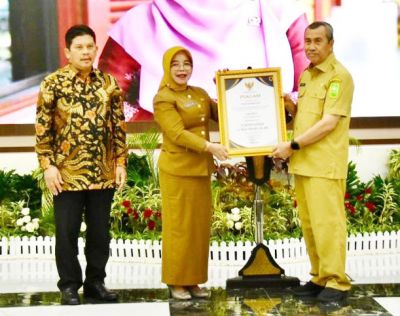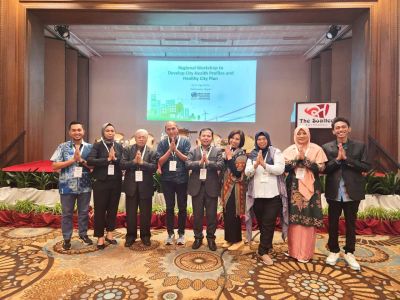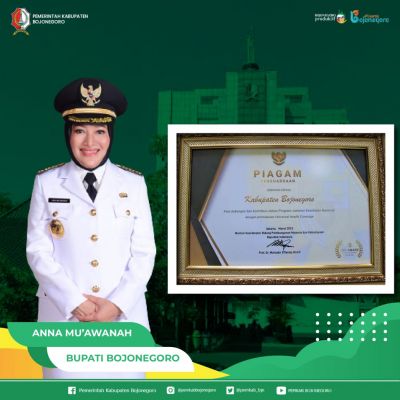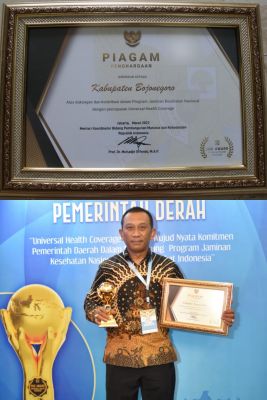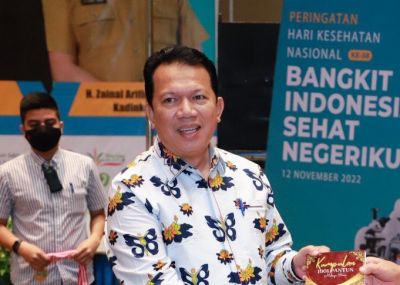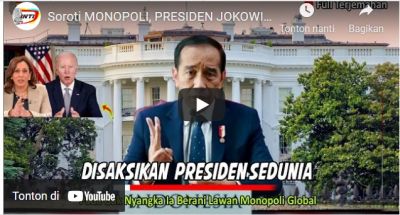WHO Warns: Global Health Funding Cuts Could Cripple Essential Services
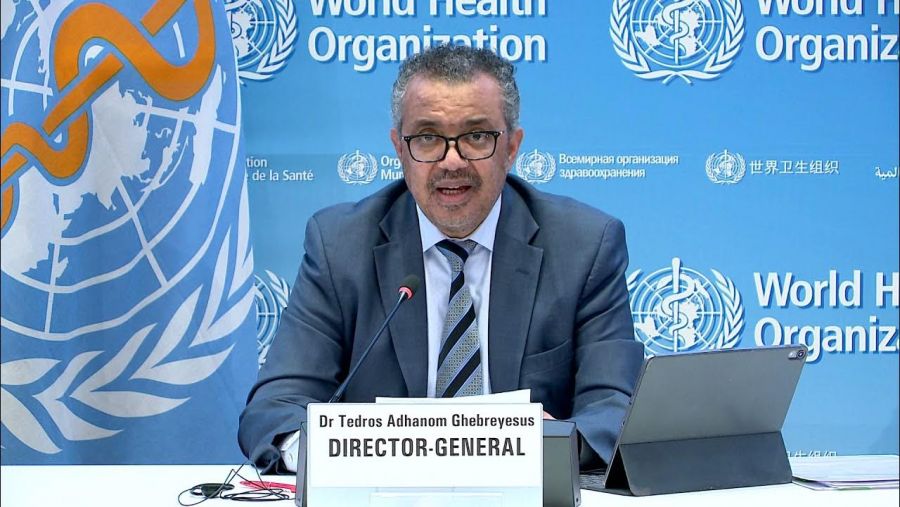
Dr. Tedros Adhanom Ghebreyesus: The Director-General of the World Health Organization (WHO)
GENEVA – The World Health Organization (WHO) has issued urgent guidance for countries to address drastic cuts in global health financing, which are now threatening essential health services worldwide.
The guidance was released on November 3, 2025, to help nations manage financial shocks that could destabilize their health systems.
According to WHO, Director-General Tedros Adhanom Ghebreyesus emphasized:
“Sudden and unplanned aid cuts have hurt many countries, cost lives, and threatened hard-won health progress. Yet, in this crisis lies an opportunity for countries to shift from dependency on aid to sustainable self-reliance.”
A WHO survey of 108 low- and middle-income countries (LMICs) projects that external health financing will drop by 30–40% in 2025 compared to 2023. This decline has disrupted critical services such as immunization, maternal and child care, and emergency health preparedness reductions of up to 70% in some countries.
The WHO guidance highlights five key steps for countries to mitigate the impact:
- Prioritize services for the poorest populations.
- Protect health budgets and essential services.
- Increase efficiency through strategic procurement and purchasing.
- Integrate externally funded programs into primary health care services.
- Use health technology assessments to maximize the impact of every dollar spent.
Some countries have already taken rapid action. Nigeria increased its health budget by US$200 million to support immunization, epidemic response, and priority programs. Ghana raised national health insurance funding by 60% and launched the “Accra Reset” framework to strengthen governance and health partnerships.
According to WHO, the guidance also stresses the importance of technical support and peer learning among countries, including through the global initiative “UHC Knowledge Hub”, set to launch in December 2025.
Tedros further stated:
“We must view health as an investment, not a cost. Without swift action, lives will be lost, and health systems could collapse.”
The guidance serves as a clear warning for governments worldwide, including Indonesia, to maintain stable health financing, protect essential services, and strengthen health system resilience amid global uncertainties.
Editor :Farros
Source : WHO

